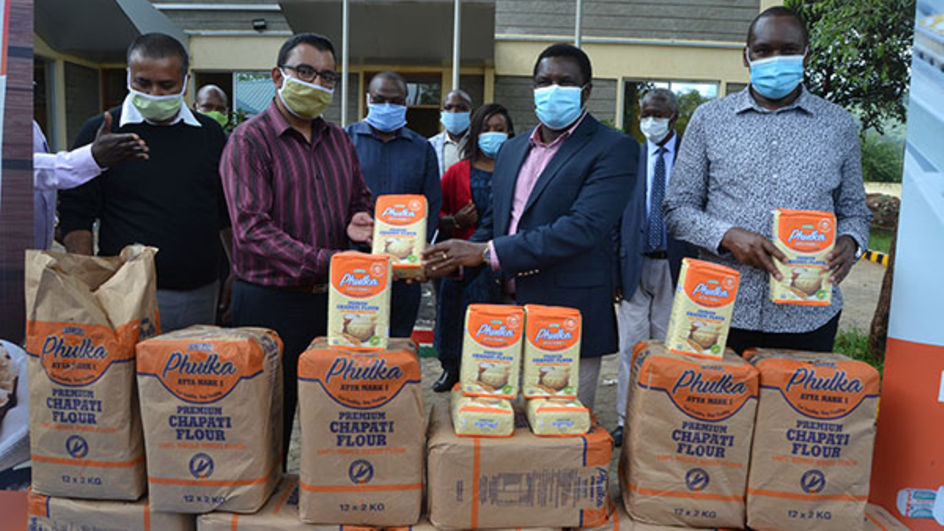
Have you noticed that in the last two months or so people have become more forthcoming?
Forthcoming about what they are feeling and what they are going through?
Before Covid-19 came our way and ensured that our lives will never be the same again, when someone asked you, “How are you?” you would automatically, thoughtlessly said, “Fine”.
Unspoken social etiquette demanded that vague uniform answer to that very general greeting, it didn’t matter whether you had just lost your job, buried a close relative or had just been diagnosed with a chronic illness.
We all knew that the person asking how you were was not really interested in knowing how you were fairing – he was just being polite.
You would have therefore been accused of lacking in social grace to launch into your many problems, starting with your difficult boss, followed by the ailing economy and finally climate change, when someone simply asked, “How are you?”
But that was then. The Covid-19 crisis has given us the license to go beyond “Fine.”
Nowadays, you know that the person that calls you and asks, “How are you?” really wants to know how you are, and so expects you to say something about how this coronavirus is treating you.
I think it has to do with the shared crisis that has affected us all, some more than others, true, but a shared calamity all together.
Nowadays therefore, when someone asks how we are, we tell them about our failed business, the leave without pay, the pay cut, the rent arrears, the not knowing when the next meal will come from and the anxiety about the future.
And the one asking listens patiently and with empathy, after all, he too is going through one or two of the above.
If nothing else, this catastrophe has made us more human. We have become more thoughtful and more generous.
Thoughtful and generous about how we respond to the needs of those around us. This humaneness is in the many individuals that are raising money to feed families that have been left with no source of living and cannot afford the very basic of needs such as food, it is in the many ordinary Kenyans reaching into their pockets to share the little they have with their worse off neighbours.
It is also in the Kenyans on various social media platforms that are fundraising to assist strangers, people they have never met but are in dire need.
There is a WhatsApp group I am in where members recently fundraised for one of us that had rent arrears from April in a mere 45 seconds.
Everyone understood that times are hard, and so they generously chipped in to ensure that this family had a roof over their head.
This situation has given us no option than to remain strong in the shame and embarrassment that comes with being unable to provide for our families. To ask for help when we have no idea where the next meal will come from.
It has humbled businesses too. Before Covid-19, businesses owners were careful to present a prosperity front even when they were floundering in the water, for the sake of their varied stakeholders, hoping to recover in the next quarter.
The economy has however taken a nosedive, and with it revenue in the face of this disruptive virus, and no organisation is pretending to be doing well.
Many have laid off their employees, administered pay cuts sent their workers on unpaid leave, while those that are worse off have shut down their businesses. Yes, this worldwide adversity has humbled each one and everyone of us.




